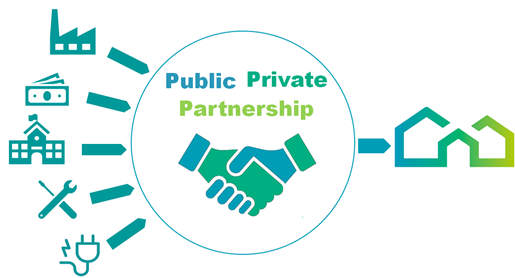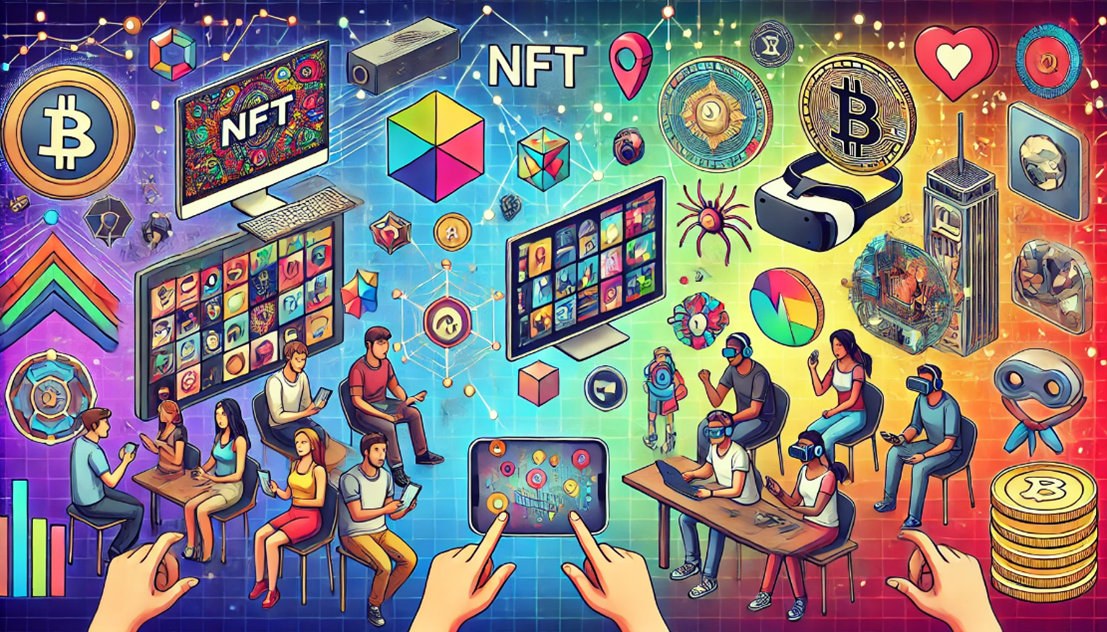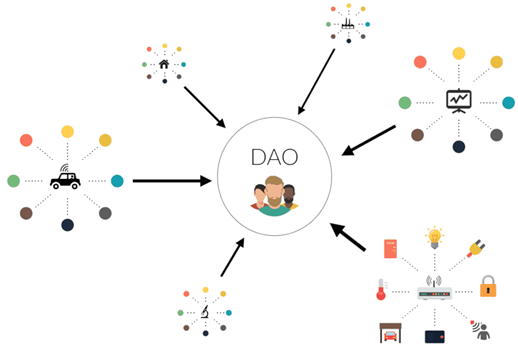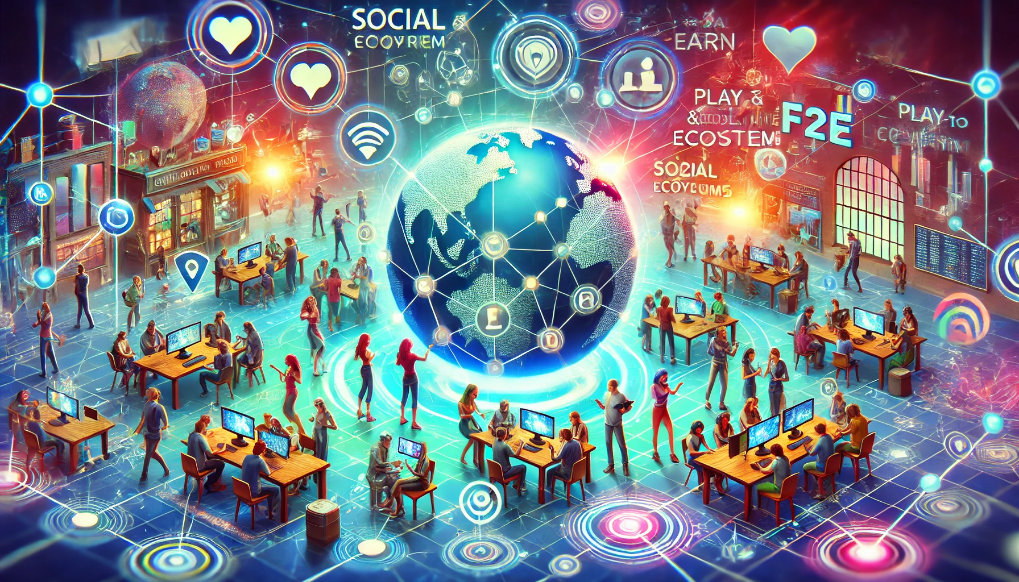How can governments and NGOs collaborate to promote environmental awareness?

How can governments and NGOs collaborate to promote environmental awareness?
by Maximilian 02:42pm Jan 09, 2025

Governments and NGOs can collaborate effectively to promote environmental awareness by combining their resources, expertise, and reach. Here are several strategies they can adopt:
1. Joint Public Awareness Campaigns
Collaborative Messaging: Governments and NGOs can partner to create unified environmental campaigns, using both traditional media (TV, radio) and digital platforms (social media, websites). By aligning their messages, they can reach a wider audience and make a bigger impact.
Targeted Education Programs: NGOs often have specific expertise in educating local communities, while governments have broader access to resources for mass campaigns. Together, they can develop programs that address specific regional environmental issues, such as deforestation, water conservation, or plastic waste reduction.

2. Community Engagement and Grassroots Movements
Local Collaborations: NGOs, which often work directly with communities, can help design and implement local programs while governments provide logistical and financial support. This could include tree planting initiatives, clean-up drives, and sustainability workshops.
Youth Involvement: Governments and NGOs can develop youth-targeted initiatives that promote environmental activism in schools and universities, such as environmental clubs, competitions, and awareness events.
3. Policy Advocacy and Reform
Lobbying for Stronger Legislation: NGOs can serve as advocates for environmental protection policies, and they can work closely with governments to push for stronger environmental laws. Collaborative research and data sharing can also inform policy development.
Monitoring and Accountability: NGOs can help monitor the effectiveness of environmental policies by gathering data and conducting field research. Governments can use this data to make informed decisions and adjust their strategies.
4. Public-Private Partnerships (PPPs)
Corporate Collaboration: Governments can create incentives for private companies to adopt sustainable practices. NGOs can serve as mediators or advisers, ensuring that companies implement green initiatives effectively. This collaboration could include promoting renewable energy, sustainable agriculture, and eco-friendly manufacturing.
Funding and Investment: NGOs and governments can jointly invest in environmental projects, such as renewable energy infrastructure, wildlife conservation, and ecosystem restoration. NGOs can help attract donors or international funding, while governments can ensure long-term sustainability through policy support.

5. Capacity Building and Knowledge Sharing
Workshops and Training: Governments can collaborate with NGOs to provide training programs for local authorities, businesses, and individuals on best environmental practices. NGOs can offer technical expertise, while governments provide support for scaling and sustainability.
Research and Innovation: Collaborative research between governments, NGOs, and universities can foster new solutions to environmental challenges. By sharing knowledge and expertise, they can create innovative tools, technologies, and practices to protect the environment.
6. Disaster Management and Climate Change Resilience
Climate Adaptation Programs: Governments can work with NGOs to build resilience to climate change through programs focused on water management, agriculture, and disaster preparedness, especially in vulnerable regions.
Post-Disaster Recovery: After environmental disasters, governments and NGOs can collaborate to rebuild communities in an environmentally sustainable manner, such as through eco-friendly housing and infrastructure.
7. International Collaboration
Global Environmental Initiatives: Governments and NGOs can collaborate in international environmental projects, such as the United Nations Sustainable Development Goals (SDGs), biodiversity conservation, and climate action frameworks. These collaborations can pool resources for global environmental protection efforts.
Cross-Border Partnerships: NGOs working in multiple countries can act as a bridge between national governments to foster regional cooperation on environmental issues that transcend borders, like transboundary pollution or shared natural resources.
8. Use of Technology and Data
Digital Platforms for Awareness: Governments and NGOs can jointly develop mobile apps or online platforms to educate the public, track environmental indicators, or facilitate reporting of environmental violations (e.g., illegal deforestation, poaching).
Data Collection and Monitoring: NGOs can assist governments in monitoring environmental conditions, such as air quality, water pollution, and biodiversity loss, by using advanced technologies like satellites, drones, and sensors.

By working together in these ways, governments and NGOs can complement each other's strengths, amplify their efforts, and achieve more significant and lasting environmental impact. The combination of government authority and NGO grassroots knowledge offers a comprehensive approach to raising environmental awareness and driving positive change.






